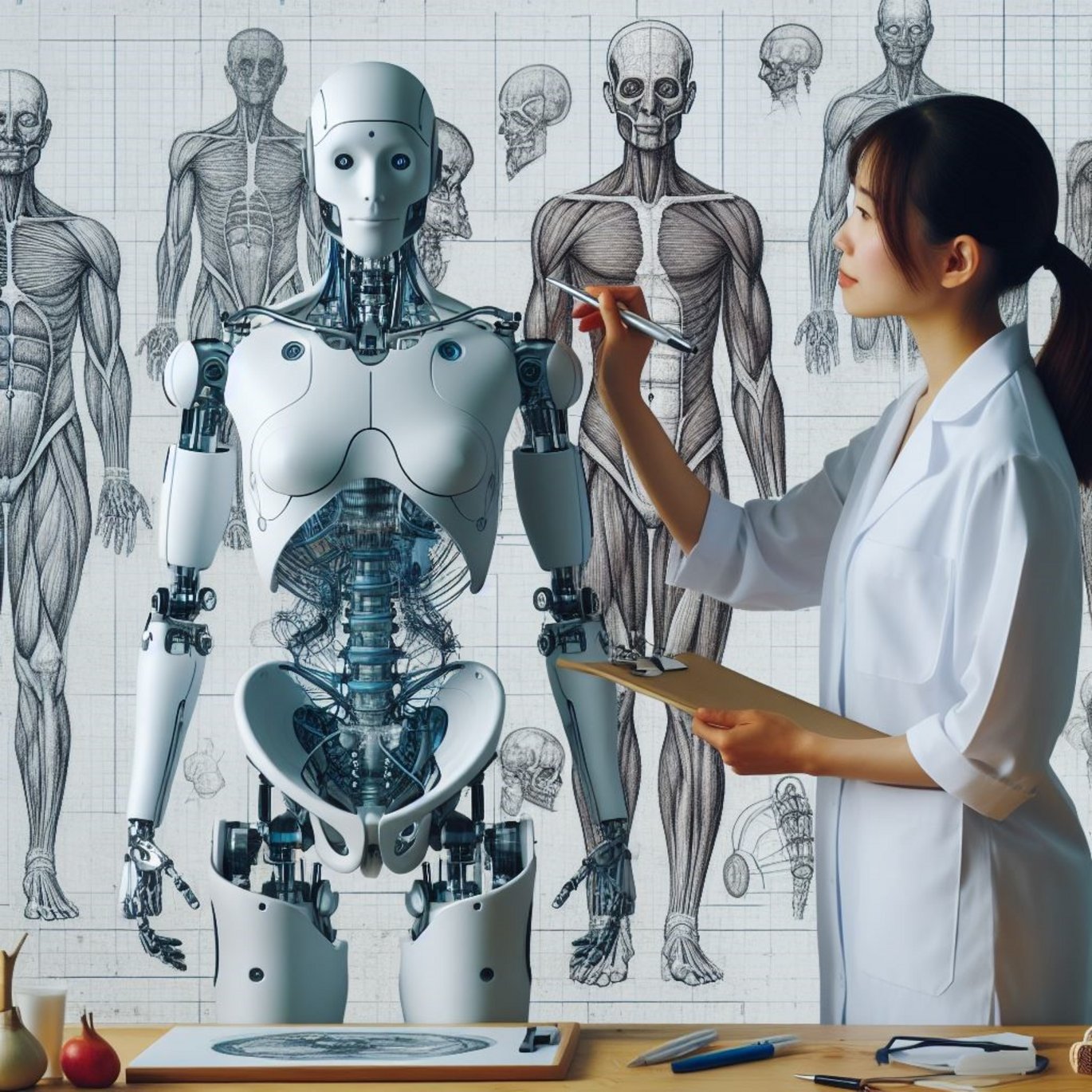CLAI at AIAS: Generative AI in education: What have we learned so far?
CLAI, in collaboration with VIA Academy of Education and AIAS, invites you to a day of inspiration and reflection on the transformative impact of generative AI on education—and the path forward. The seminar is free and open for all.

Info about event
Time
Location
AIAS, Høegh Guldbergs Gade 6b, 8000 Aarhus C
On December 11, the Center for Language Generation and AI (CLAI) is hosting a workshop and network event at Aarhus Institute of Advanced Studies (AIAS), in partnership with VIA Academy of Education.
The Center for Language Generation and AI, in collaboration with VIA Academy of Education, invites you to a day of inspiration and reflection on the transformative impact of generative AI on education—and the path forward. Two distinguished keynote speakers will offer their insights into the evolving landscape of writing, just two years after the launch of ChatGPT. Educators from Aarhus University and VIA will share their hands-on experiences, and participants will have the opportunity to engage in valuable knowledge exchange.
The seminar is free and open for all. Registration by December 1 is mandatory. There is a maximum of 120 participants. Please sign up here.
Program:
09.15 Arrival - coffee
09.45 Welcome - Mads Rosendahl Thomsen and Malthe Stavning Erslev
10.00 Experiences from AU and VIA
10.50 Stephan Smuts: Acquiring Sustainable AI-skills
11.20 Breakout groups (and coffee): What have you learned so far?
12.30 Lunch
13.15 Follow-up on breakout groups
14.20 Break
14.30 Keynote: Naomi Baron: When AI Writes for You (presents online via Zoom)
15.45 Coffee
16.00 Keynote: Hannes Bajohr, UC Berkeley (presents online via Zoom)
17.00 Reception
Abstracts
Stephan Smuts, Research Assistant, School of Culture and Society, Center for Humanities Computing, Aarhus University.
Bio
Stephan Smuts received his bachelor's degree in Linguistics from Seoul National University in South Korea. He then pursued an MA in Linguistics at Aarhus University, focusing on computational linguistics. In 2022, he began working at the CHC (Center for Humanities Computing). His current focus is on teaching Python programming, computational thinking, and the practical application of large language models.
Abstract
Large language models are transforming the world we live in - and that includes academia. We need to start thinking about how we complete tasks and how we can optimize that. With generative AI, what we can currently do can be hugely optimized through the correct use of these tools. However, we need to focus on the processes, analyze them, and see where AI can be successfully applied. Developing these types of sustainable AI skills can help you navigate this vast technological landscape.
Naomi S. Baron, Professor Emerita of Linguistics at American University in Washington, DC.
Bio
Naomi S. Baron is Professor Emerita of Linguistics at American University in Washington, DC. For more than thirty years she has been studying the effects of technology on language, including the ways we speak, read, write, and think. Her earlier books include Words Onscreen: The Fate of Reading in a Digital World (2015) and How We Read Now: Strategic Choices for Print, Screen, and Audio (2021). Her newest book is Who Wrote This? How AI and the Lure of Efficiency Threaten Human Writing (2023). Currently she is exploring the impact of AI on human reading.
Abstract
While AI has been assisting in both editing and writing for some years now, generative AI brings forth new language prowess and magnifies worrisome challenges. Among these concerns are the impact on human writing skills, whether to trust what AI bots produce or recommend, and the risk of stifling our personal writing voice. We will explore implications of these issues for both students and everyday adult writers.
Hannes Bajohr, Assistant Professor of German at the University of California, Berkeley.
Bio
Hannes Bajohr is Assistant Professor at the Department of German, UC Berkeley. He earned his Ph.D. from Columbia University and, before joining Berkeley in 2024, has held postdoctoral positions in Berlin, Basel, and Zurich. His research explores the impact of digital writing technologies on language and literature, publishing extensively on these topics. Bajohr is also a practitioner of digital literature, co-authoring Berlin, Miami with a large language model in 2023 and contributing generative works with the writers’ collective 0x0a. His current projects examine AI's influence on literary reading and the concept of “post-artificial writing.”
Abstract
In contrast to the times of Höllerer and Zemanek, we are now truly on the threshold of being surrounded by texts that are entirely artificial—while at the same time we continue to merge with our language technologies in our own writing, so that our text production is increasingly supported, extended, and partially taken over by assistance systems. Therefore, I want to discuss—quite speculatively, but always with an eye on the state of the art—two questions: first, what happens when we are confronted with artificial texts in addition to natural ones? How do we read a text that we can no longer be sure was not written by an AI? And second, what direction might this development take if, at some point, the distinction between natural and artificial itself becomes obsolete, so that we no longer even ask about it and instead read post-artificial texts?
Contact
Kamilla Rosenberg Franck, Administrative Officer
E-mail: kamilla@aias.au.dk
Aarhus Institute of Advanced Studies, AIAS
Høegh-Guldbergs Gade 6B
DK-8000 Aarhus C
Denmark
